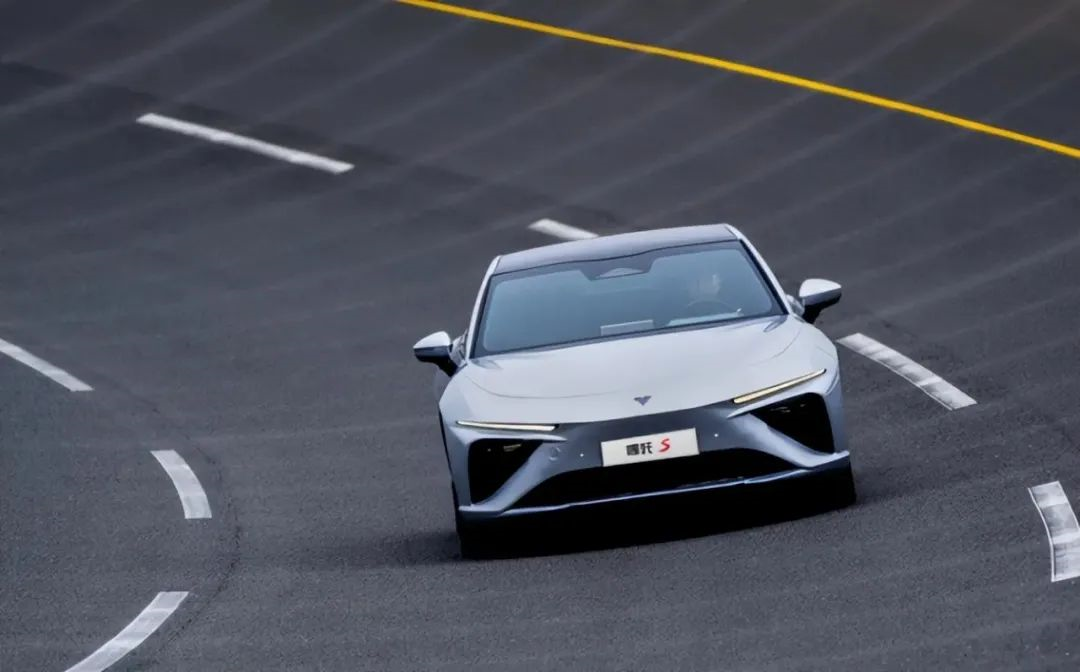Author: Feng Jingang
The other day, I was chatting with a friend from Future Mobility about the future of its brand, Byton. Despite several dormant years, Byton’s brand power remains strong and its product quality is particularly remarkable. The goal for the new Byton 2.0 is to figure out how to survive.
From a branding perspective, there are two types of new carmakers: those that take a high-end approach, such as Byton and Nio; and those that take a low-end approach, such as Yundu and NETA. Both methods have their pros and cons, and their ability to succeed depends on the company’s deep understanding of the new energy market, resource allocation, and business management.
Last year, NETA Automotive delivered nearly 70,000 vehicles, a YoY growth of 362%, ranking first among new automakers. This is an impressive achievement for a new carmaker with only a few thousand employees, and it has helped NETA secure a place in the final round of selection.
Although this is a cause for celebration, it also presents a new challenge for NETA Automotive. In reviewing the company’s growth history, its products sold well thanks to their excellent price-to-performance ratio, which was also a key factor for the early survival of traditional domestic brands such as Chery and Geely. While this model can achieve sustainable development, it is not conducive to brand building.
In the future, for NETA Automotive, breaking through the brand barrier and launching upward will be key.
At present, this seems to be an urgent matter. At the 2021 Shanghai Auto Show, NETA Automotive’s new generation of mid-to-high-end sports cars, the NETA S, was officially unveiled, and NETA Automotive is eager to make its mark in higher markets. It is expected that the NETA S will be launched and delivered later this year.
It should be noted that the industrial chain environment facing new automakers and domestic brands is fundamentally different. In the past, we did not understand advanced strategies, had limitations on core technologies, and were unsure about product quality definitions. Today, even “weak” new automakers have more or less mastered these aspects, and in some cases, even have a firm grip on them.
In China’s new energy market at present, Nio can compete with German luxury brands, which is an inherent logic. China’s own brands have great potential in the high-end new energy market.
For NETA Automotive, the environment it faces is similar. Leveraging the expertise of new energy component giants such as CATL and Huawei, NETA Automotive can develop the best intelligent electric vehicles of this era. For example, the NETA S has a pure electric version with a range of 800 kilometers, a zero-to-100 km/h acceleration in just 3.9 seconds, and L4 intelligent driving in some scenarios, among other features.
Therefore, the obstacle that stands in the way of NETA Automotive’s ascent is not its products, but its brand. The situation is becoming increasingly clear.
So, how should the company build its brand? By spending money on marketing? This is a cliché, and not entirely suitable for the new energy market, especially for new players with extremely limited budgets. Wasting money on advertising is also a taboo in military strategy.Back to the starting point of the problem, despite the booming new energy market, there are still obvious product shortcomings in current new energy vehicles, including the range, residual values, and quality of pure electric vehicles. Based on this fact, if we want to achieve a breakthrough in the market, products and services must be truly recognized by mid-to-high-end consumers to expand their influence.
Yesterday, NETA Motors welcomed a new brand official, Chen Cilong, who will be responsible for the company’s brand building work going forward. Chen Cilong’s appointment reflects that NETA Motors realizes that brand is a major stronghold that must be broken through at the current stage. So, can Chen Cilong complete his mission?
According to NETA Motors, Chen Cilong has accumulated rich experience in customer management, channel management, brand and content ecological system construction through his previous work at well-known global companies such as P&G China and Alibaba, and has strong cross-domain transferability.
Yes, Chen Cilong is new to the new energy vehicle field. In the new force automobile circle with a wide range of personnel, this is not surprising. Only by gathering strengths from various industries can new force automobiles break through and contribute to the real breakthrough of China’s new energy market. However, for Chen Cilong personally, he may need some learning time and cost.
As for the results, let’s have some expectations.
Although he is a newcomer, Chen Cilong’s interpretation of the current situation is not naive. He said, “I hope that the efforts of our younger generation can help China define a brand new track on the world stage. Let China leave a NETA flavor and let the world remember the taste of China, also actively participate in the historical process of the Chinese automobile industry achieving a breakthrough and becoming a powerful automobile country, which is inspiring!”
Well, it’s that taste again, “My fate is in my hands, not in the heavens!”
This article is a translation by ChatGPT of a Chinese report from 42HOW. If you have any questions about it, please email bd@42how.com.
